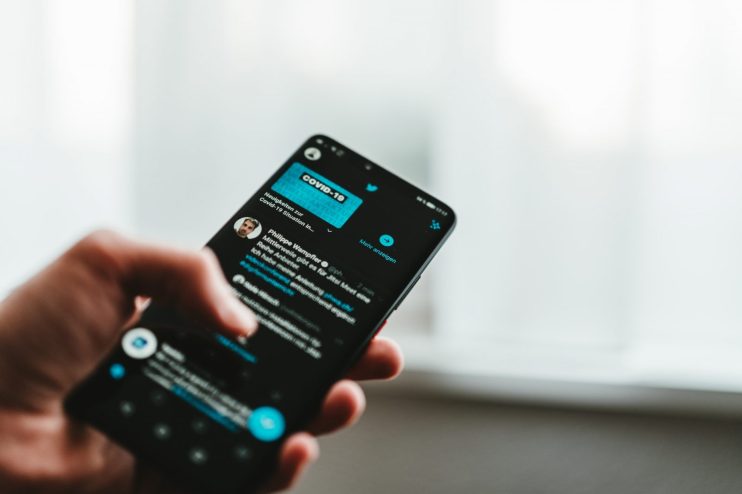DEBATE: Should we have ID verification for social media?

England football stars Marcus Rashford, Bukayo Saka and Jadon Sancha were targeted with horrific racist abuse on social media after the team lost to Italy in the Euros 2020 final. The abuse was loudly condemned by all sides of politics, with Boris Johnson slamming the “disgusting” comments. It has prompted another disgusting: should there be a higher barrier for a opening social media account and could requiring ID verification help?
Emma Revell, of the IEA, says NO
One of the downsides of the internet is its ability to amplify the worst of humanity – child abuse, human trafficking, and, as England players have seen over the past week, racism.
While the desire to identify and hold to account racists, especially if they are hiding behind the anonymity of social media, is understandable, we need to think through the implications of ID verification very carefully.
If social media companies force users to upload photo ID to prove their identity, can we trust them with such sensitive personal information? Then there is the additional hurdle of verifying that the photo on the card matches your face. Easy in person, trickier online. The privacy issues raised by potential facial recognition checks should be a major concern if these plans move forward.
We also should not downplay the very real risk that these measures could be used, by Western nations and authoritarian ones, to clamp down on less obviously objectionable speech, censoring those who “cause offensive” or risk their lives exposing corruption and abuse who rely on anonymity for their own safety.
Dominic Wells, CEO of Onfolio, says YES
The proposals to require ID verification for social media have resurfaced after black footballers were inundated with racist abuse over the weekend.
Social media must find a way to embrace security and verification.
The government has rejected the petition on the basis that ID checks “interfere with freedom of expression”. The majority of people who would be weeded out, however, are trolls and foreign bots.
This is not a requirement to prevent you from using a different name from that on your ID. Of course, there should be the ability to express ourselves however we choose.
Having an ID requirement would be an extra stumbling block which would make those intent on spouting abuse think twice and prevent bots and the actors behind them, from manipulating online dialogue in pernicious ways.
The technology exists to ensure people’s privacy is protected, with “burn after verifying” processes.
In 2002, I was nervous about typing my card details into an online store for the first time. Today, we do it without blinking an eye. One day, so will scanning IDs to open a social media account.